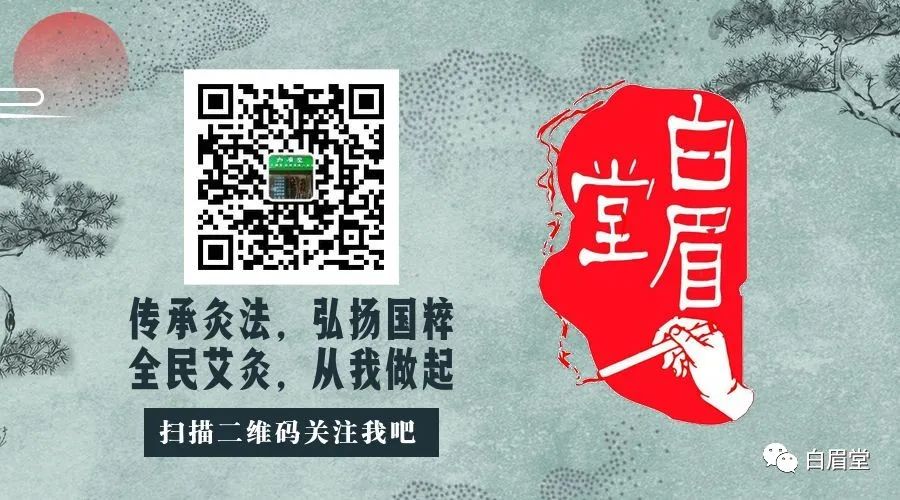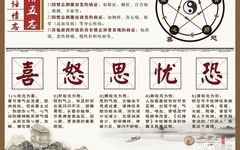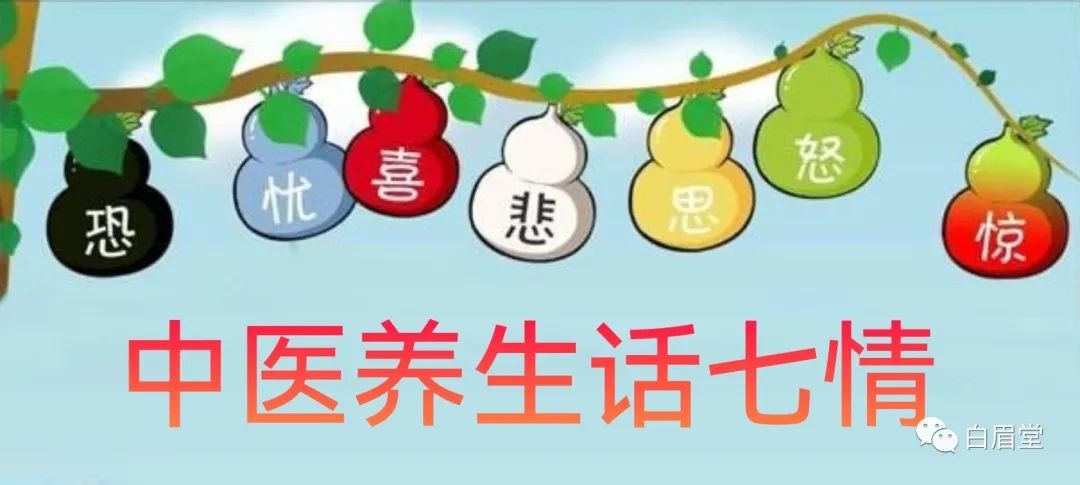 Traditional Chinese Medicine (TCM) holds that humans experience emotional fluctuations, known as qi qing (七情), which include xi (喜), nu (怒), you (忧), si (思), bei (悲), kong (恐), and jing (惊). Among these, nu, xi, si, you, and kong are referred to as the wuzhi (五志), which are closely linked to the five internal organs. The Huangdi Neijing (黄帝内经) states that nu harms the liver, bei overcomes nu, xi harms the heart, kong overcomes xi, si harms the spleen, nu overcomes si, you harms the lungs, xi overcomes you, kong harms the kidneys, and si overcomes bei. This perspective has been applied by physicians throughout history in the study of health preservation, playing a subtle yet significant role in emotional regulation, disease prevention, and longevity.
Traditional Chinese Medicine (TCM) holds that humans experience emotional fluctuations, known as qi qing (七情), which include xi (喜), nu (怒), you (忧), si (思), bei (悲), kong (恐), and jing (惊). Among these, nu, xi, si, you, and kong are referred to as the wuzhi (五志), which are closely linked to the five internal organs. The Huangdi Neijing (黄帝内经) states that nu harms the liver, bei overcomes nu, xi harms the heart, kong overcomes xi, si harms the spleen, nu overcomes si, you harms the lungs, xi overcomes you, kong harms the kidneys, and si overcomes bei. This perspective has been applied by physicians throughout history in the study of health preservation, playing a subtle yet significant role in emotional regulation, disease prevention, and longevity.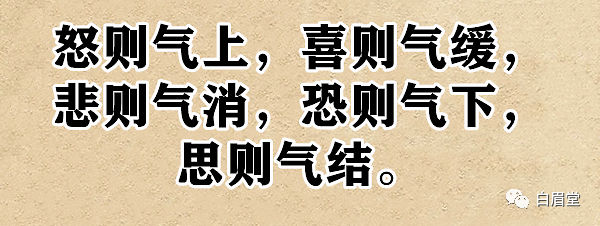 It is known that humans are extremely complex organisms, experiencing the seven emotions and desires, which are normal mental activities beneficial to physical and mental health. However, abnormal emotional activities can lead to uncontrolled emotions, resulting in dysfunction of the nervous system, causing an imbalance of yin and yang within the body, leading to a multitude of diseases, premature aging, and even shortened lifespan. Therefore, those who are good at health preservation should pay attention to emotional regulation. Excessive emotions can disrupt internal functions and affect the five organs.
It is known that humans are extremely complex organisms, experiencing the seven emotions and desires, which are normal mental activities beneficial to physical and mental health. However, abnormal emotional activities can lead to uncontrolled emotions, resulting in dysfunction of the nervous system, causing an imbalance of yin and yang within the body, leading to a multitude of diseases, premature aging, and even shortened lifespan. Therefore, those who are good at health preservation should pay attention to emotional regulation. Excessive emotions can disrupt internal functions and affect the five organs.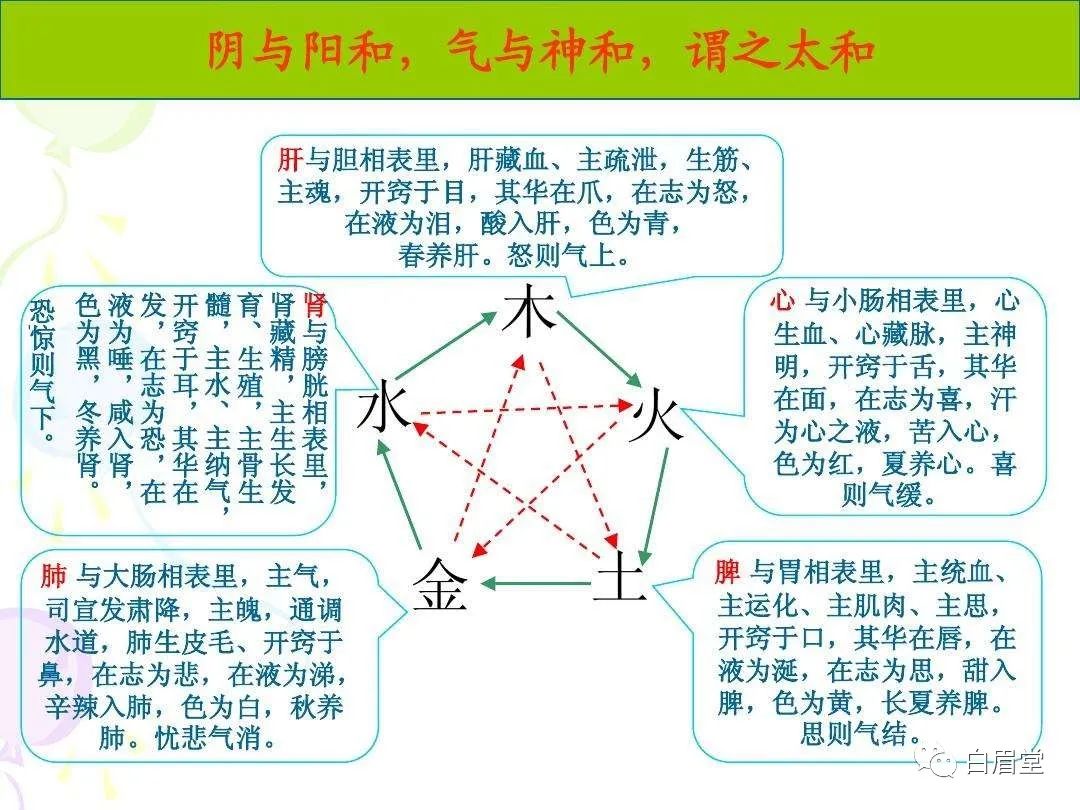
Nu harms the liver
When anger arises, qi rises, harming the liver, leading to feelings of gloom, irritability, dizziness, and is also a significant cause of hypertension, coronary heart disease, and gastric ulcers.
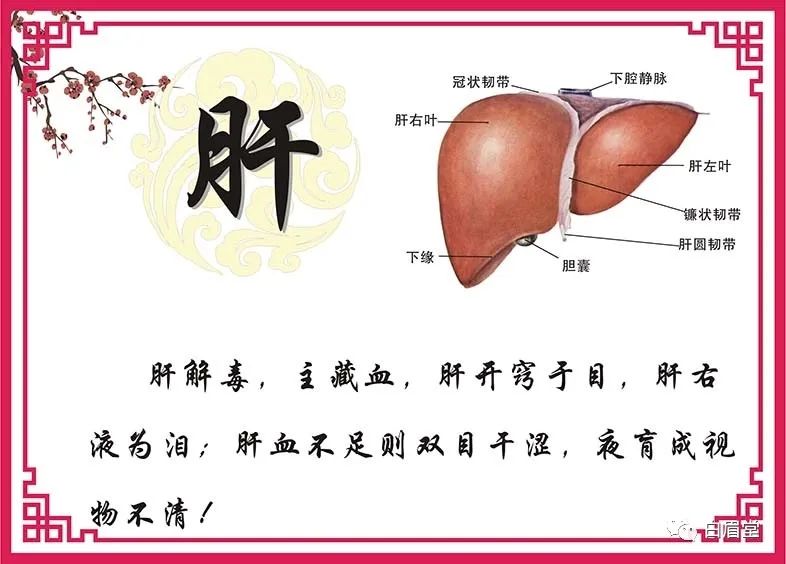
Xi harms the heart
Joy can promote the circulation of qi and blood, relax muscles, and help recover from fatigue. However, excessive joy can damage heart qi. As stated in the Huainanzi (淮南子): “Excessive joy leads to negligence.” Yang deficiency causes heart qi to move, scattering the spirit and allowing evil qi to prevail, resulting in palpitations, insomnia, forgetfulness, and dementia.

In the Rulin Waishi (儒林外史), the story of Fan Jin, who, in his old age, passed the imperial examination and suddenly went mad due to mixed feelings of joy and sorrow, is a typical case of joy harming the heart.
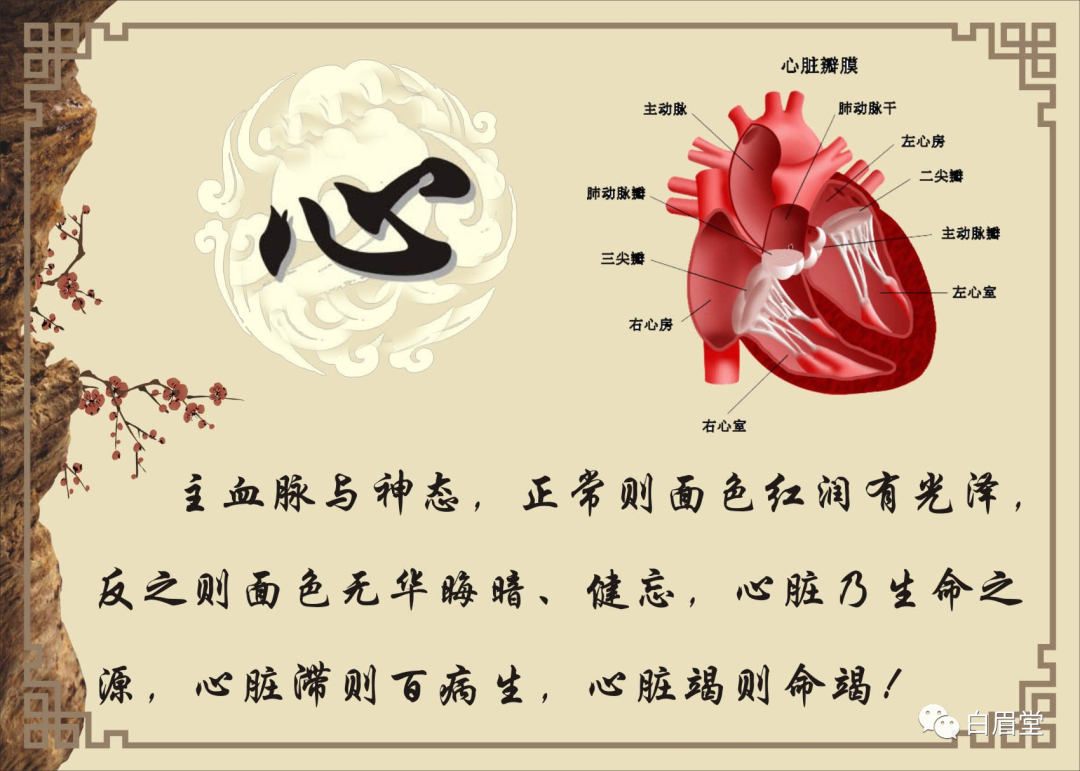
Si harms the spleen
TCM holds that: “Excessive thinking leads to qi stagnation.” Overthinking can disrupt the function of the nervous system and reduce the secretion of digestive fluids, leading to loss of appetite, poor digestion, emaciation, shortness of breath, fatigue, and depression.
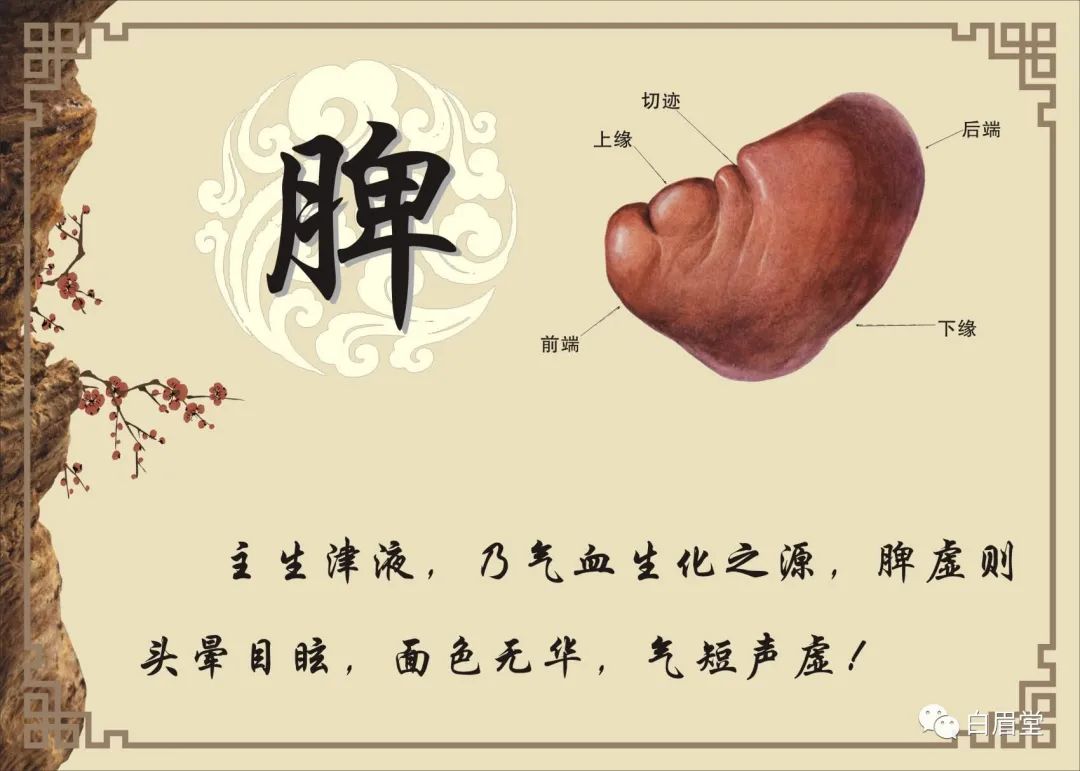
You harms the lungs
Worry is closely related to the lungs. In extreme sadness, the lungs can be harmed, leading to dry cough, shortness of breath, hemoptysis, hoarseness, and changes in breathing rate and function.
The character Lin Daiyu from Dream of the Red Chamber (红楼梦), who is sentimental and melancholic, is a good example of how sadness can harm the body.
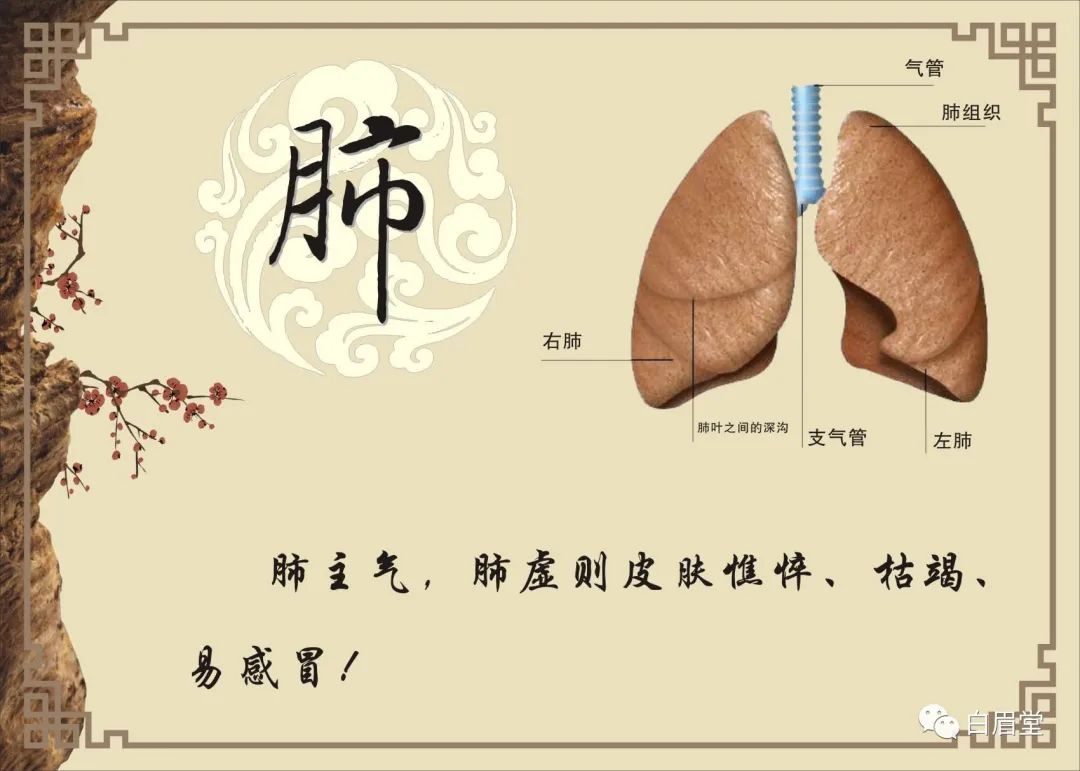
Kong harms the kidneys
Fear can disrupt the nervous system, leading to symptoms such as tinnitus, deafness, dizziness, and impotence, and can even be life-threatening. The saying “frightened to death” reflects the idea that fear causes qi to descend.
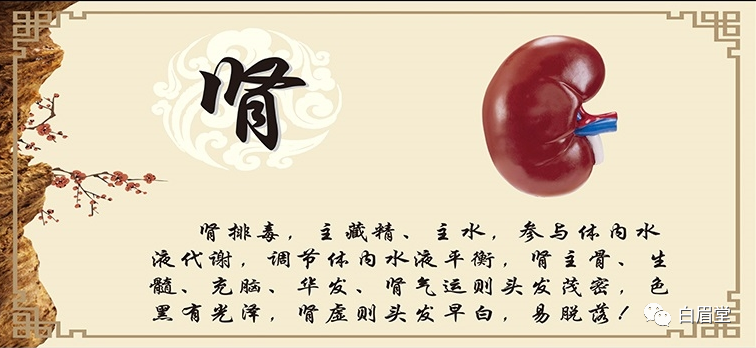
The changes in emotions are closely related to the internal organs. As people age, the functions of the organs gradually decline, and their ability to adapt to emotional fluctuations weakens, making it difficult to withstand excessive emotional changes, thus leading to disease.
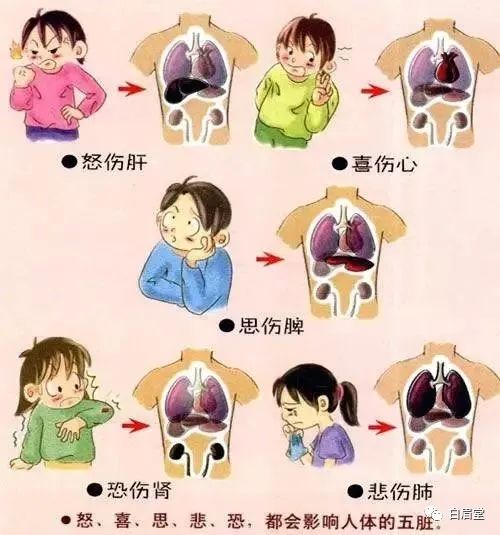
In life, the fluctuations of emotions such as joy, anger, sorrow, and happiness are intertwined with daily experiences. A good way to avoid excessive emotions is to remain calm and composed when faced with complex situations. After events, do not dwell on them for long, as this can lead to unnecessary worries.

Cultivating an optimistic attitude towards life, enhancing psychological resilience, maintaining an open mind, and fostering a positive emotional state are essential. One should strive for tranquility, contentment, and view life’s joys and sorrows, honors and disgraces, labors and gains as fleeting.
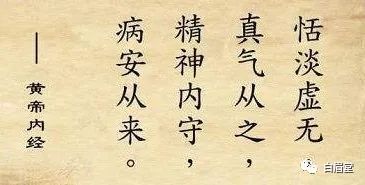
In all matters, seek peace of mind, maintain inner tranquility, and one will live a long life. Additionally, participating in various activities beneficial to physical and mental health and finding spiritual solace can help prevent excessive emotions, ensure the stability of the internal organs, and promote overall health.
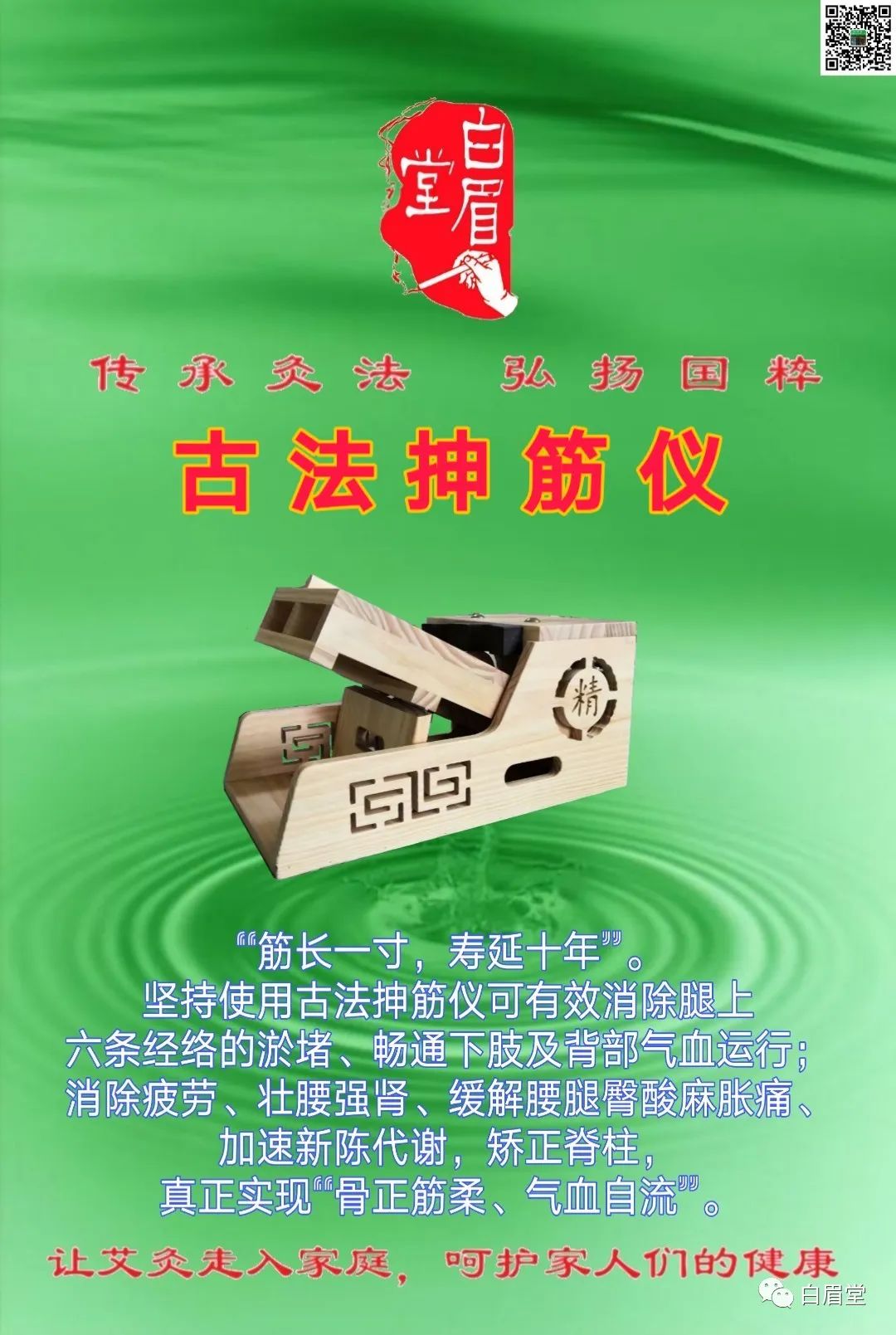 ○ Images sourced from the internet, copyright belongs to the original authors ○○ If there is any infringement, please contact for removal ○
○ Images sourced from the internet, copyright belongs to the original authors ○○ If there is any infringement, please contact for removal ○